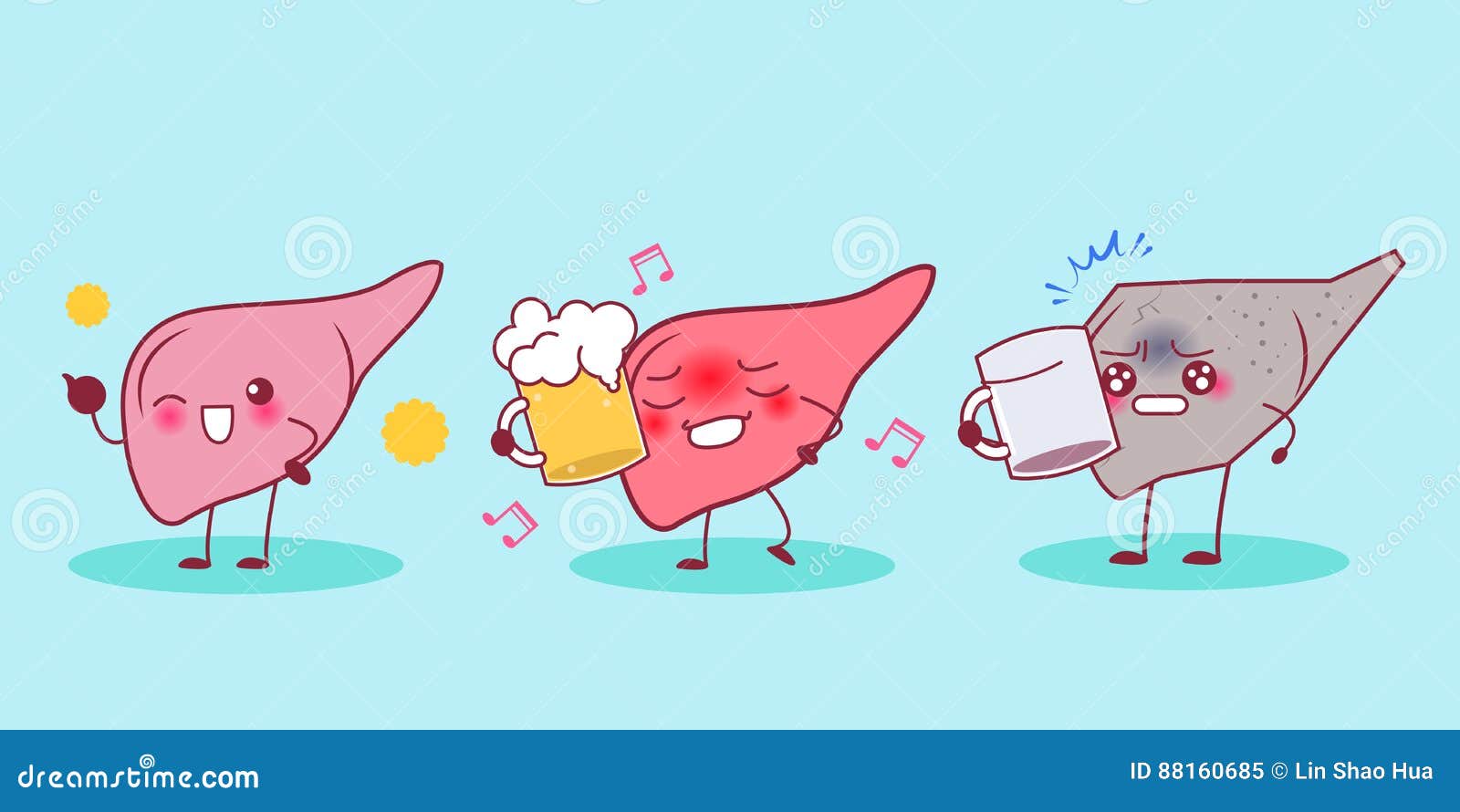
If we drink too much alcohol normal liver functions will be interrupted which results in a chemical imbalance. Although the liver is one of the largest organs in the body with the ability to regenerate itself excessive alcohol consumption can eventually lead to a number of liver conditions including fatty liver disease alcoholic hepatitis cirrhosis nonalcoholic fatty liver disease and liver.
In the study the researchers gave mice regular beer.
Beer effect on liver. Great news for beer drinkers. Researchers have discovered that the hops in beer lessen the harmful effects of alcohol on the liver. 1 Consuming too much alcohol can lead to liver damage fatty liver disease and cirrhosis.
Most doctors recommend no. Alcoholic fatty liver disease is also called hepatic steatosis. It happens when fat begins to build up within your liver.
Consuming too much alcohol can inhibit the breakdown of fats in the liver. When alcohol is broken down in the liver a number of byproducts are generated that can cause liver damage. Although the liver is one of the largest organs in the body with the ability to regenerate itself excessive alcohol consumption can eventually lead to a number of liver conditions including fatty liver disease alcoholic hepatitis cirrhosis nonalcoholic fatty liver disease and liver.
If we drink too much alcohol normal liver functions will be interrupted which results in a chemical imbalance. Once penetrating our body alcohol works as a diuretic and dehydrates you. So the liver is ordered to pursuit water from the other sources.
This severe dehydration is one of the reasons why you have a whopping headache after a night of drinking. The alcohol in beer can harm the liver. Drinking beer and taking medications that can harm the liver can increase the risk of liver damage.
Drinking beer and taking sedative medications might cause too much sleepiness and other serious side effects. As I mentioned in the article detailing the bad effects alcohol has over our livers there are a few main things we should worry about even when drinking beer or any other type of beverage with lower amounts of alcohol. It puts extra pressure on the liver damaging its cells and leading to scarring and potentially more dangerous issues.
Worldwide beer is one of the most consumed alcoholic beverages. Results of several studies suggest that moderate consumption of alcoholic drinks such as beer may reduce mortality eg coronary heart disease for overview see 1. However the following are some of the symptoms of liver damage from alcohol.
Because these symptoms are very vague and could indicate any number of illnesses or gastrointestinal issues. Effect of moderate alcohol consumption on liver enzymes increases with increasing body mass index. The effect of moderate alcohol consumption on liver enzymes increases with increasing BMI.
These findings should be considered in the clinical assessment of overweight alcohol consumers and in the definition of normal ranges for liver enzymes. Does alcohol free beer have any effect on ast alt and alkaline phosphatase in someone with liver metastases from colon cancer on chemotherapy fuda. Thomas Heston answered 29 years experience Family Medicine Probably no.
Probably no effect or. The hops found in beer not only add flavor but also may lessen the damaging effects of alcohol on the liver a new study in mice suggests. In the study the researchers gave mice regular beer.
The presence of alcohol due to beer consumption might also affect this function of your kidneys. As a result when alcohol starts dehydrating your body this effect can also influence the usual function of your organs and cells including your kidneys. Effects on Liver Function JACQUELYN J.
A large proportion of heavy drinkers develop serious alcoholic liver disease. Susceptibility to alcoholic hepatitis and cirrhosis appears to be influenced by heredity gender diet and co-occurring liver illness. Most alcoholic liver damage is attributed to alcohol metabolism.
Liver injury may be caused by direct toxicity of. All types of alcohol act in the same fashion no matter its source whether it is hard liquor or beer or wine. They all have a damaging effect on the liver which causes your high triglycerides to accumulate and rise further.
And since your triglyceride level is. It also holds on to anything it can use like the antioxidants in wine or the carbs in beer. The whole process is a no-brainer for the liver but the metabolism of alcohol creates fatty acids.
Very high iron levels can also cause health problems including liver damage. You can inherit a tendency to absorb more iron than normal from your diet. Alcohol can also affect iron absorption.
If you drink large amounts of beer or other alcohol you may absorb larger-than-normal amounts of iron. If you have high iron levels talk to your. Other factors that influence the development of fatty liver and alcohol hepatitis include ethnic and racial backgrounds gender age income and family history of drinking problems.
Liver cirrhosis is usually preceded by a fatty liver followed by alcoholic hepatitis and subsequently liver cirrhosis.
